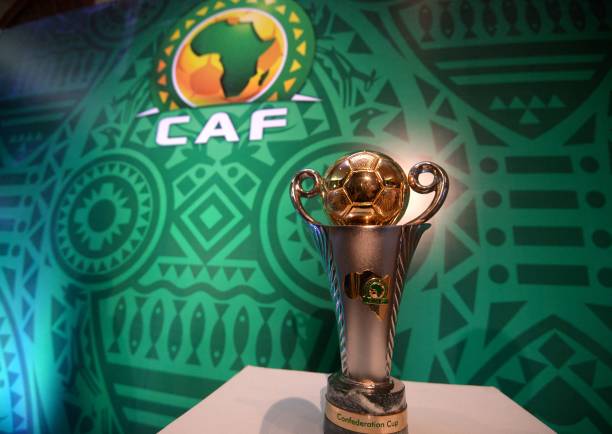
African football has produced some of the world’s most exciting talents and historic moments. However, despite its immense potential, the continent still faces challenges that prevent it from fully competing with the footballing giants of Europe and South America. For African football to reach its full potential and achieve sustained success, several key areas need reform. This article explores the changes required to elevate African football to new heights and ensure a prosperous future for the sport on the continent.
1. Improved Infrastructure and Facilities
One of the biggest hurdles in African football is the lack of world-class infrastructure. Many national and club teams struggle with poor stadiums, inadequate training grounds, and a lack of proper medical and rehabilitation facilities. Without proper infrastructure, teams and players cannot train and compete at the highest level. Governments and private investors must prioritise building and maintaining modern football facilities to ensure players develop in a conducive environment. Investment in stadium renovations, training complexes, and high-performance centres will not only boost local leagues but also attract international tournaments to Africa, fostering growth at every level.

Furthermore, ensuring that smaller clubs and youth academies have access to proper training grounds and equipment is crucial for nurturing talent. In many African countries, young players train on makeshift pitches with substandard equipment. Improved infrastructure at grassroots levels will lay the foundation for future generations of African football stars.
2. Better Youth Development Programs
Many African nations lack structured youth academies to nurture talent from a young age. While some top European clubs scout and develop African players, there is a pressing need for well-organised local academies. Investment in grassroots football, including better coaching and training programs, will help develop homegrown talent and reduce dependency on foreign leagues.
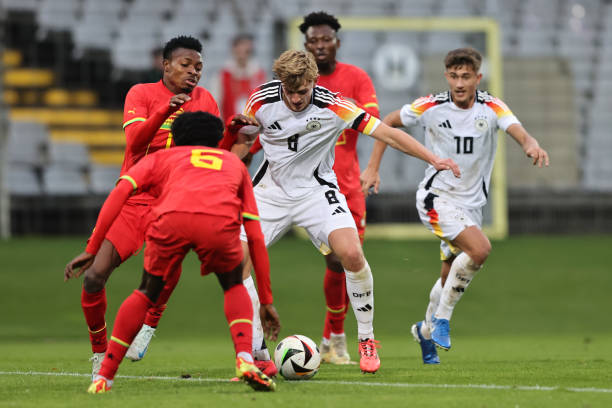
Establishing elite football academies across the continent, similar to those in Europe and South America, will allow young players to develop technical and tactical skills early in their careers. These academies should focus not only on football training but also on education, ensuring that players have a well-rounded development in case they do not make it to the professional level.
Additionally, partnerships with European clubs can provide African academies with financial support, training expertise, and exchange programs that will enhance the growth of young players. Federations should also introduce youth leagues and tournaments to give young players competitive experience at an early age.
3. Stronger Domestic Leagues
For African football to grow, its domestic leagues must improve. Many top African players leave their home countries to play in Europe due to financial instability and low competitiveness in local leagues. Enhancing league structures, improving broadcasting deals, and increasing player wages will help retain talent and make African leagues more competitive.
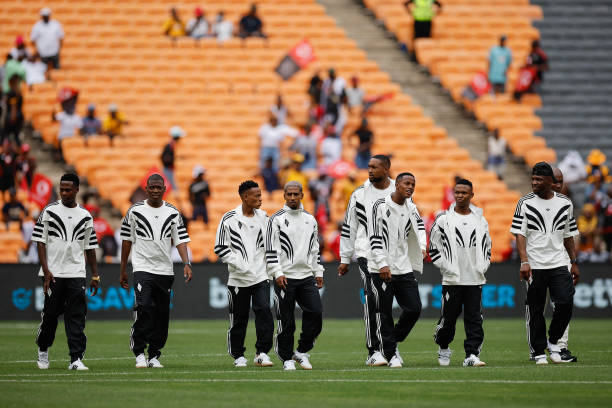
African domestic leagues must prioritise professionalism, financial sustainability, and commercialisation. Many leagues struggle with poor administration, delayed salaries, and lack of sponsorship deals, leading to an exodus of talented players. Strengthening league governance, ensuring clubs have sustainable financial models, and improving matchday experiences for fans will attract more viewership and sponsorships.
Additionally, increasing the quality of officiating and introducing better matchday facilities will improve the credibility of African leagues. If African clubs can retain their best players and improve the overall quality of competition, the leagues will become more attractive to international investors and broadcasters.
4. Investment in Women’s Football
Women’s football in Africa has made strides, but there is still a long way to go. More funding, better training facilities, and increased media coverage are essential to growing the women’s game. Developing strong domestic women’s leagues will also provide a platform for female players to excel on the global stage.
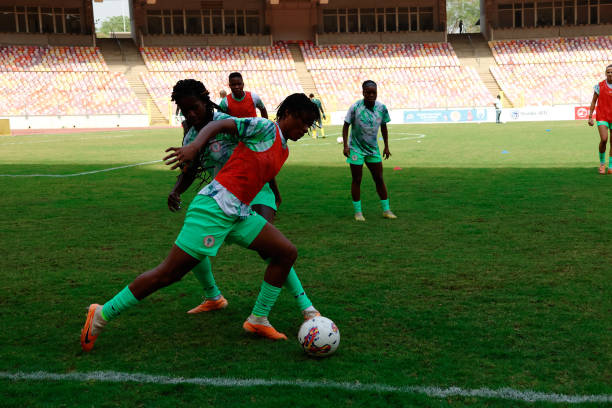
African federations must implement policies that ensure equal opportunities for women’s football development. Providing access to quality training facilities, professional coaching, and regular international competitions will help bridge the gap between African women’s teams and those in Europe and North America. Encouraging corporate sponsorship and broadcasting partnerships will also bring more visibility and financial investment into the women’s game.
5. Fair and Transparent Governance
Football administration in Africa has been plagued by corruption, mismanagement, and lack of transparency. Implementing strict governance policies, financial accountability, and leadership reforms within national football federations and CAF (Confederation of African Football) is critical for sustainable development.
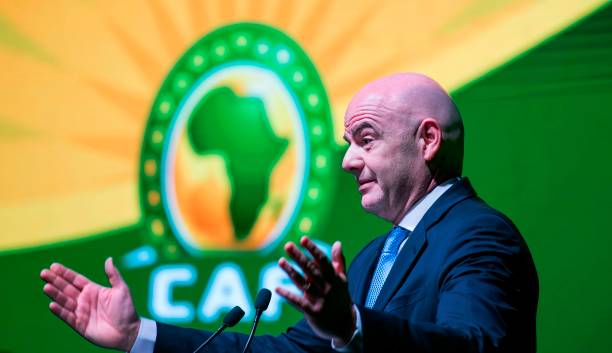
Transparency in financial management, fair election processes, and ethical leadership are necessary to ensure that funds meant for football development are used effectively. Establishing independent oversight committees to monitor football governance can help curb corruption and ensure that resources are directed towards improving the game at all levels.
6. Increased Investment from the Private Sector
Many African football projects rely heavily on government funding, which can be inconsistent. Encouraging private sector investment through sponsorships, partnerships, and club ownership can provide financial stability and improve the overall quality of football on the continent.
Major corporations and international brands should see African football as a lucrative investment opportunity. Sponsorships of domestic leagues, clubs, and youth academies will not only enhance football development but also provide a return on investment through increased brand visibility. African football federations must create attractive commercial packages to entice investors and ensure sustainable financial growth.
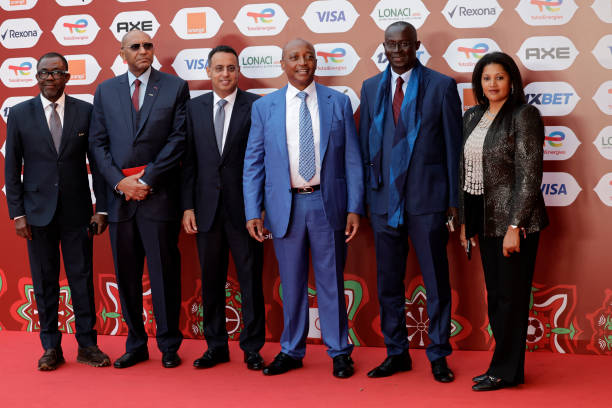
7. Enhanced Coaching and Tactical Development
African teams have natural talent, but tactical discipline and advanced coaching methods are often lacking. More investment in coach education, bringing in experienced international coaches, and developing local coaching talent will improve the tactical approach of African teams in major tournaments.
Coaching programs and certification courses should be made more accessible across the continent. African nations must also prioritise sending local coaches to train in top European and South American football academies to learn modern football tactics and strategies.
8. Stronger Representation in Global Football Governance
African football needs a stronger voice in global decision-making bodies such as FIFA and UEFA. Ensuring fairer representation in football governance will help advocate for African interests, including increased World Cup spots and better financial support for African football projects.
African nations must work together to push for policies that benefit the continent’s football development. A more influential presence in FIFA and CAF will ensure that Africa’s needs and interests are prioritised on the global stage.
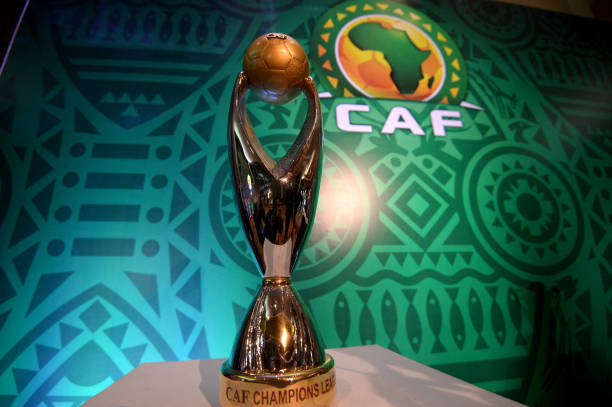
9. Expansion of Club Competitions and International Exposure
African club football needs to expand beyond the CAF Champions League. Introducing new club tournaments, improving prize money, and promoting intercontinental club competitions with Europe and South America will increase the global visibility of African clubs and players.
10. Embracing Technology in Football
The use of technology such as VAR (Video Assistant Referee), better broadcasting techniques, and advanced player analytics will modernise African football and make it more appealing to global audiences.
SUGGESTED FOR YOU
Chelsea: The Game-Changing Destination for Ademola Lookman, According to AFCON 2013 Hero
Conclusion
The future of African football is bright, but significant changes are needed to unlock its full potential. By investing in infrastructure, youth development, governance, and tactical improvements, African football can rise to become a dominant force in world football. With the right reforms, the continent has the talent, passion, and potential to challenge the best on the global stage. A long-term vision, commitment from stakeholders, and proper execution of these changes will ensure that African football reaches its rightful place among the world’s elite.









